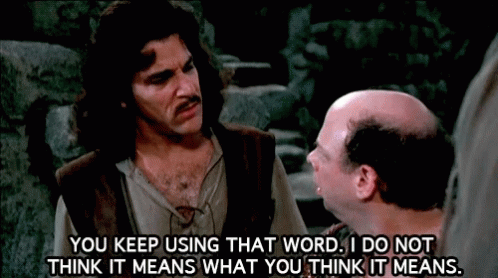Sure, he received a check for 200k BUT if he had no insurance, he could have sold the 14 for its residual value (assuming 100k if he had a recent panel and, in this case, engine was only 3 years old, my numbers make up your own) so he would have been out 100k. No rebate, just understand what one is really purchasing. 200k - 100k = ??
My input here is to have a more informed customer base. (Ignore if you want and stop reading) We need to be able to compare the insurance we are really getting to compare not only different insurance companies but different policy limits. Let's use the bulk of the fleet (6, 7, 8 and 9's) and not 10's or 14's which seem to have a premium over the rest. To compare different rates, we need to assume a certain salvage value. If we don't one might say a 150k hull damage insurance is worth 50% more than a 100k hull damage insurance and so the value is 50% more and we believe PAYING 50% more is ok. The truth is it's worth more than that as the salvage value is the same (Assume 50k salvage) so we are purchasing 50k worth of additional insurance (For the 100k policy) and 100k of insurance for the 150k policy. We are getting twice as much value (50k vs 100k) and so we need to understand that.





